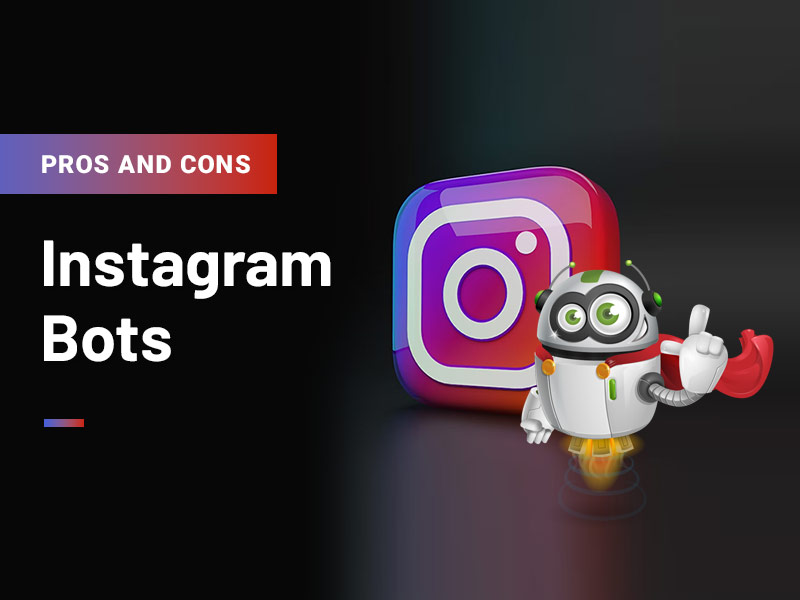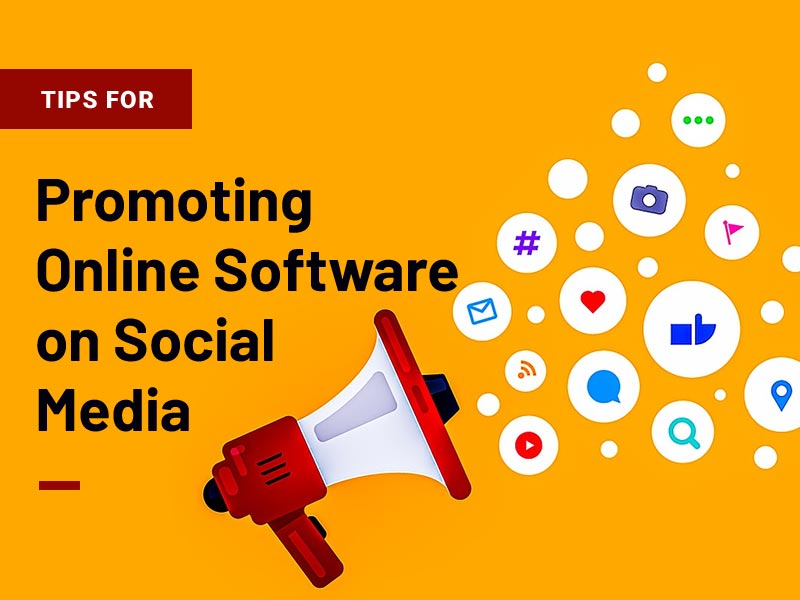Social media is a new tool that has significantly changed how businesses interact with and communicate with their audience online. For a small business just starting or a large organization with a global presence, managing social media successfully can bring about an influx of sales and popularity to any business.
What is social media?
Social media is a complex of web-based applications and tools designed to help people and companies build relationships, exchange, disseminate, and produce information. Such platforms include but are not limited to Facebook, Instagram, Twitter, LinkedIn, TikTok, and YouTube. All the platforms have features that support one or many kinds of content, target particular audiences, and specific modes of interaction.
Advantages of using social media for business
- 1. Keeping up with changing trends: Social media trends evolve rapidly, making it challenging for marketers to stay current. Collaborate with your team, use social listening tools, and engage strategically with content to manage this complexity.
- 2. Finding social talent: Hiring skilled social media professionals is tough due to increased role demands. Craft clear job descriptions, enhance the interview process, and use social recruiting strategies to attract talent.
- 3. Proving social media ROI: Demonstrating the value of social media involves linking its impact to business goals and metrics. Highlight key performance indicators and conduct a competitive analysis to validate their importance.
- 4. Falling engagement rates: Keeping engagement high amid shifting algorithms requires analyzing successful content, focusing on your community, and collaborating with influencers to extend reach.
- 5. Standing out against competitors: In crowded markets, build a unique brand identity and engage with your audience. Focus on creating meaningful interactions rather than comparing metrics.
- 6. Managing multiple platforms: To avoid burnout, prioritize key networks, use management tools to consolidate tasks, and consider team support or outsourcing.
- 7. Communication between departments: Effective social media marketing relies on collaboration with other departments. Share insights regularly and use CRM data to enhance your strategy.
- 8. Generating creative content: Overcome creative blocks by using social listening tools, developing trendspotting strategies, and collaborating with successful creators.
- 9. Handling call-outs and crises: Address all customer interactions promptly and develop a crisis management plan. Personalize responses to maintain transparency and customer trust.
- 10. Lack of growth or strategy: Focus on high-impact content, align marketing efforts with business goals, and invest in community management to foster growth and attract new customers.
Challenges of using social media for business
Challenge 1: managing multiple social media platforms
Handling numerous social media channels can be overwhelming. To effectively manage your presence:
- Focus on platforms where your audience is most active.
- Set clear social media goals to guide platform choice.
- Maintain consistency in engagement and presence.
- Tailor content to the platform’s features and audience.
Challenge 2: speaking your audience’s language
To connect with your audience:
- Understand their interests, motivations, and pain points.
- Use Audience Insights tools to gather actionable data.
- Keep your messaging simple and avoid industry jargon.
Challenge 3: lack of platform-specific strategies
Develop unique strategies for each platform:
- Analyze audience demographics and behaviors.
- Customize content and tone for each platform.
- Engage actively and adapt strategies based on platform norms.
Challenge 4: managing negative feedback
Address negative comments constructively:
- Respond openly and avoid censoring feedback.
- Use social media monitoring tools to stay informed and engage proactively.
- View negative comments as opportunities to resolve issues and improve.
Challenge 5: over-promotion
Balance promotional content with value-driven posts:
- Share user-generated content and customer experiences.
- Use hashtags and contests to encourage engagement.
- Avoid aggressive self-promotion; focus on authentic interactions.
Challenge 6: generating leads
Ensure your social media efforts convert into leads:
- Optimize profiles with clear calls-to-action.
- Create focused, engaging content.
- Guide followers through a well-planned customer journey.
Challenge 7: over-reliance on automation
Balance automation with human interaction:
- Use automation for routine tasks but remain responsive to real-time events.
- Set up alerts and review automation settings regularly.
Challenge 8: overusing AI for content creation
Use AI as a tool, not a crutch:
- Review and edit AI-generated content for authenticity and relevance.
- Ensure content aligns with current events and context.
- Combine AI efficiency with human insight for best results.
Also read: 10+ Best Online Graphic Design Tools for Social Media
Solutions and best practices
To navigate these social media challenges effectively, businesses can implement the following strategies:
- 1. Strategic planning: Develop a comprehensive social media strategy aligned with business goals, identifying key platforms and target audiences.
- 2. Content calendar: There are many social media management tools available that help in creating content, scheduling them and engaging with followers across all the platforms.
- 3. Engagement tools: Utilize social media management tools like Sprout Social to streamline content creation, scheduling, and engagement across platforms.
- 4. Cross-functional collaboration: Foster collaboration between marketing, customer service, and other departments to ensure cohesive messaging and customer support.
- 5. Continuous learning: Stay updated with social media trends and best practices, adapting strategies based on analytics and industry developments.
- 6. Crisis preparedness: Develop a crisis management plan to address potential issues swiftly and transparently, maintaining customer trust.
Final Thoughts
Social media can boost engagement, visibility, and lead generation benefits organizations of all sizes. By effectively managing platforms, and addressing challenges like feedback and content balance, businesses can maximize social media’s potential.
A solid strategy, use of management tools, and staying updated on trends will keep efforts relevant. With the right approach, businesses can leverage social media to drive growth and build lasting connections with their audience.







